Did you know there are only two ways to end a relationship?
That’s right—and I’m not talking about face-to-face versus phone/email/text/snail mail, although those do factor in, but it goes much deeper than that.
When a relationship ends, it’s tough enough for both parties involved. Whether you’re breaking up with a partner, being fired by a boss (or firing an employee), losing a coworker or teammate…there are several reasons relationships can end, but you have two clear choices on how you’ll handle it.
The way you end a relationship and the ways relationships have ended for you in the past—whether you were on the ending or the receiving side of the cutoff—tells a lot about you and what’s going on inside. Sure, each of those feels different, but both situations are inevitable for everyone at some point in life, and you’re going to have to determine how to deal with each.
If you want to discover a few things about yourself, think back on some past relationships that have ended and the way you’ve handled them. Think about both sides and what made a difference in the ones that ended well versus the ones that didn’t.
In this podcast, I’m going to talk about direct and indirect ways of ending a relationship. What’s that mean?
Direct, typically, comes from a place of respect. We all want to be respected, so by the same token, we should be willing to give respect to those in our lives. Respect comes from a place of self-awareness, personal security, and knowing what you need.
Directness means eye contact, explaining politely and respectfully, and not attacking the other person or their actions. A direct person will have spoken up about issues all along, so the break should not be a shock to the recipient.
Indirect, on the other hand, stems from insecurity. When we take a pause to examine our motives, are our actions or reactions coming from a place of anger, hurt, or resentment? In those cases, we may end a relationship indirectly.
Indirectness usually looks like passive-aggressiveness, just passiveness, or just aggressiveness. If you find yourself wanting to leave the other person with a laundry list of their faults or the hurts you experienced, this is the place you’re coming from, and it’s truly not beneficial for either side. In this case, you’ve been allowing these injustices to build up, and you feel like getting that last “dig” in will make you feel better.
It won’t—it’ll either leave things in a fragmented manner unnecessarily or reopen old wounds that will then have less of a chance to heal moving forward. And if the other person has told you respectfully and politely that they are ending the relationship, dumping months’ or years’ worth of hurt onto them will only force open a door they just closed. There’s no reason to do this if the relationship is ending anyway—if you value yourself, you can avoid the extra hurt by moving on (or, ideally, having spoken up all along the way).
It’s true that when you’re hurt, you want to hurt the person who hurt you. It’s human nature. But in the long run, it’s always more beneficial to end a relationship with respect and care. If you don’t, the pain will stick with you much longer—maybe even for the rest of your life. And that’s how you end up carrying it with you into the next relationship, and so on.
So if you’re experiencing the end of a relationship, keep in mind the bigger picture. Treat the other person the way you want to be treated, and you’ll both end up in a better position.
If you want to learn more about relationships, go to http://relationshipschool.com/training.



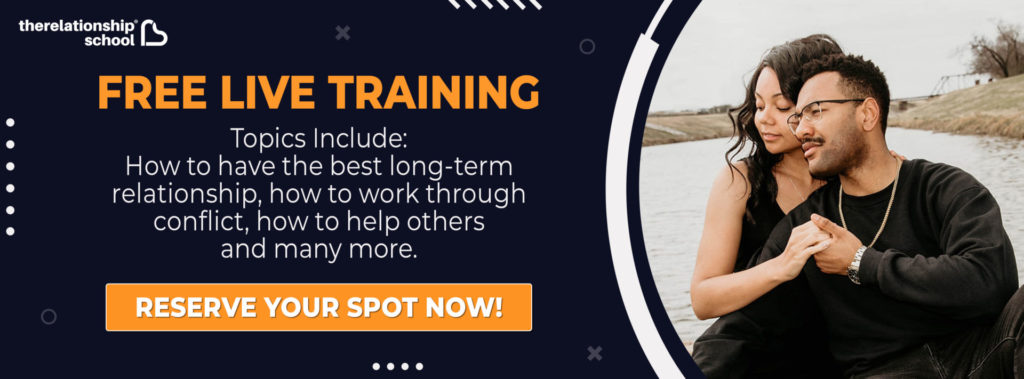
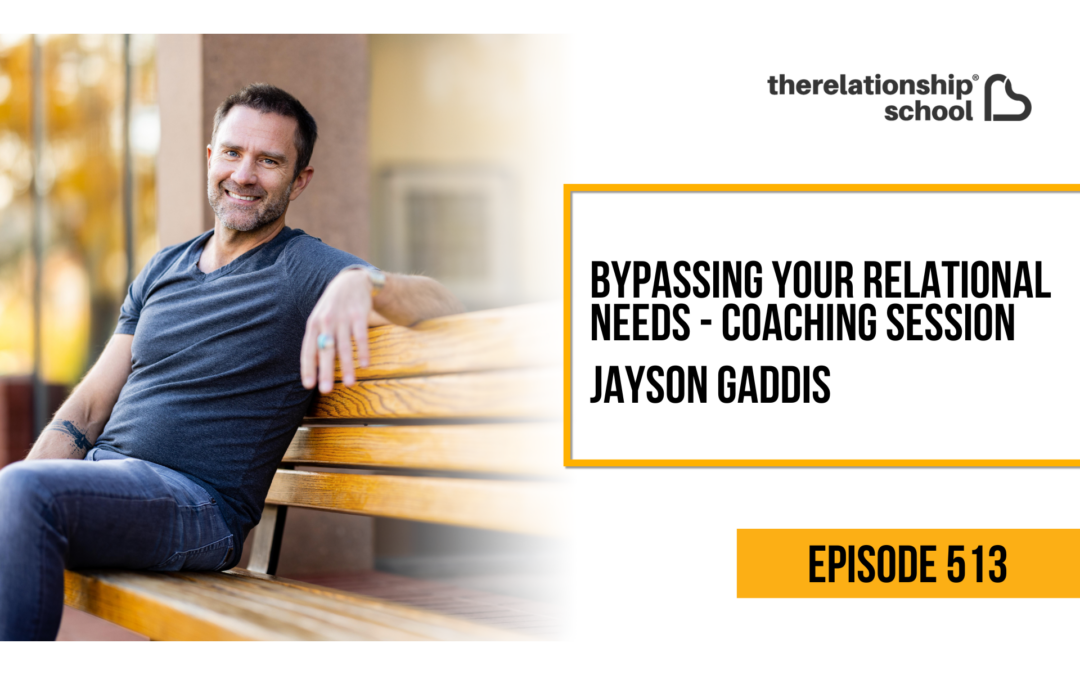
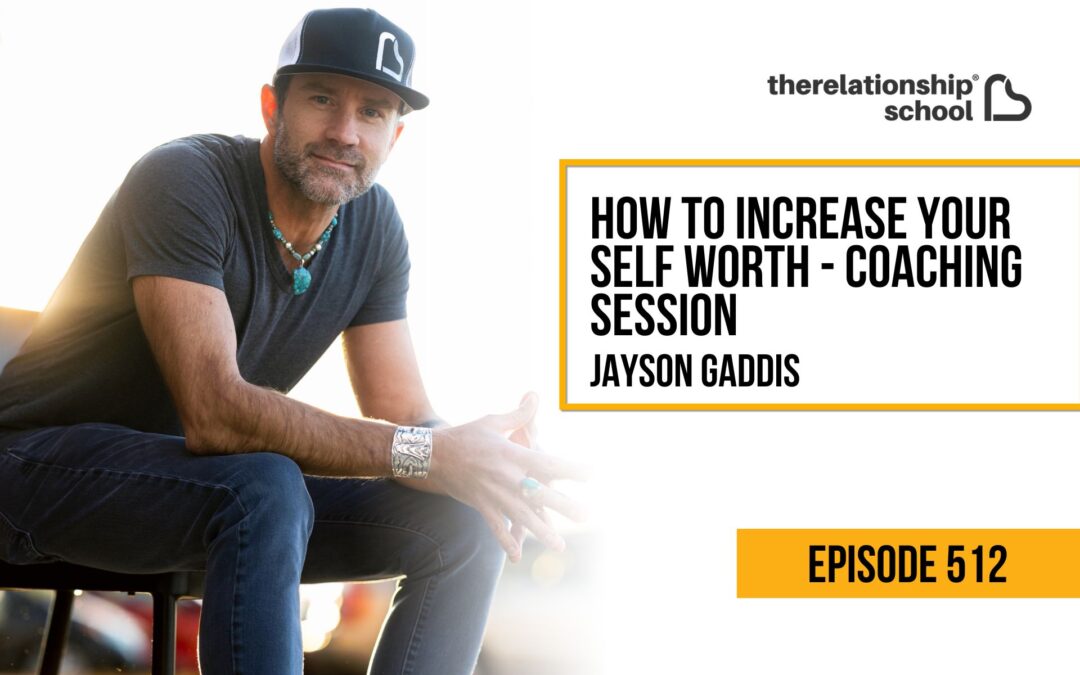
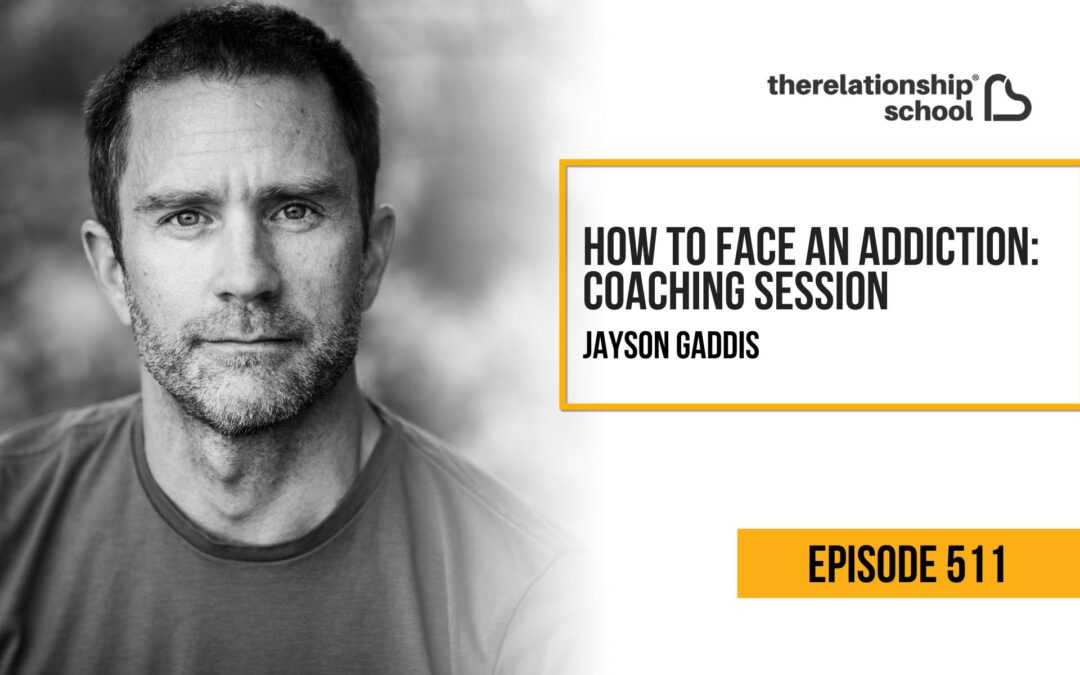
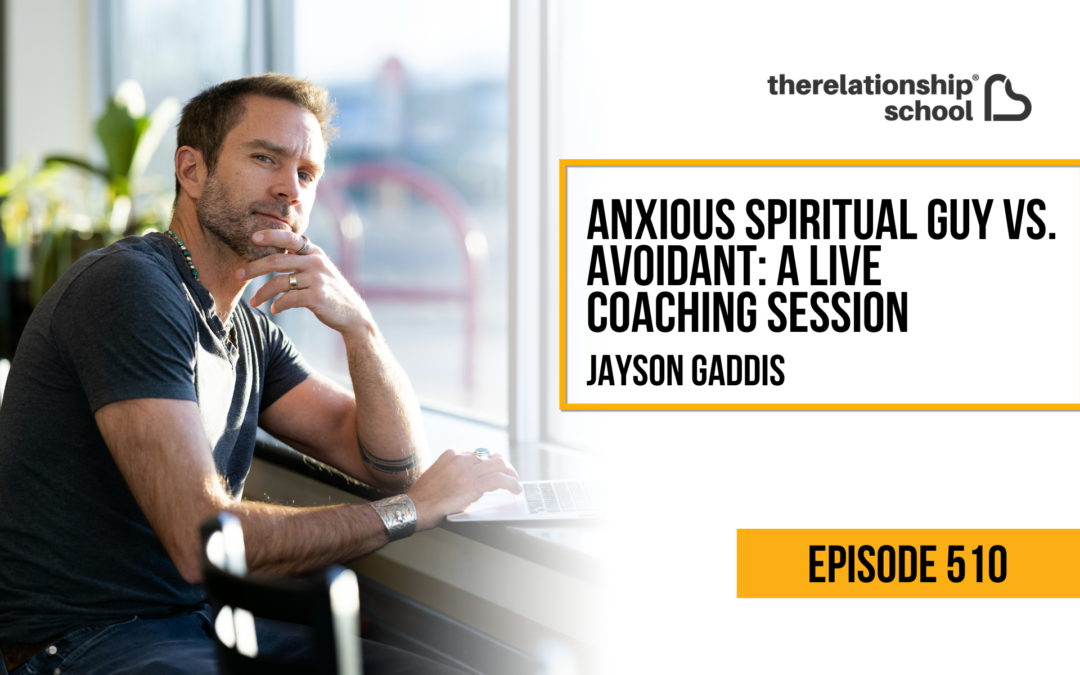
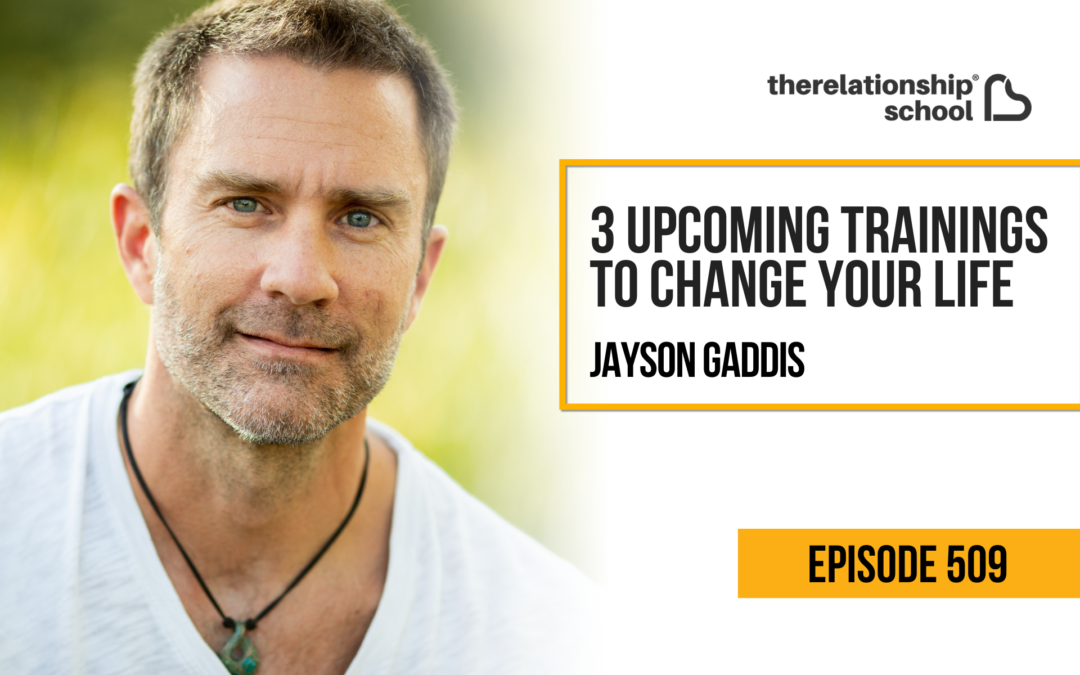








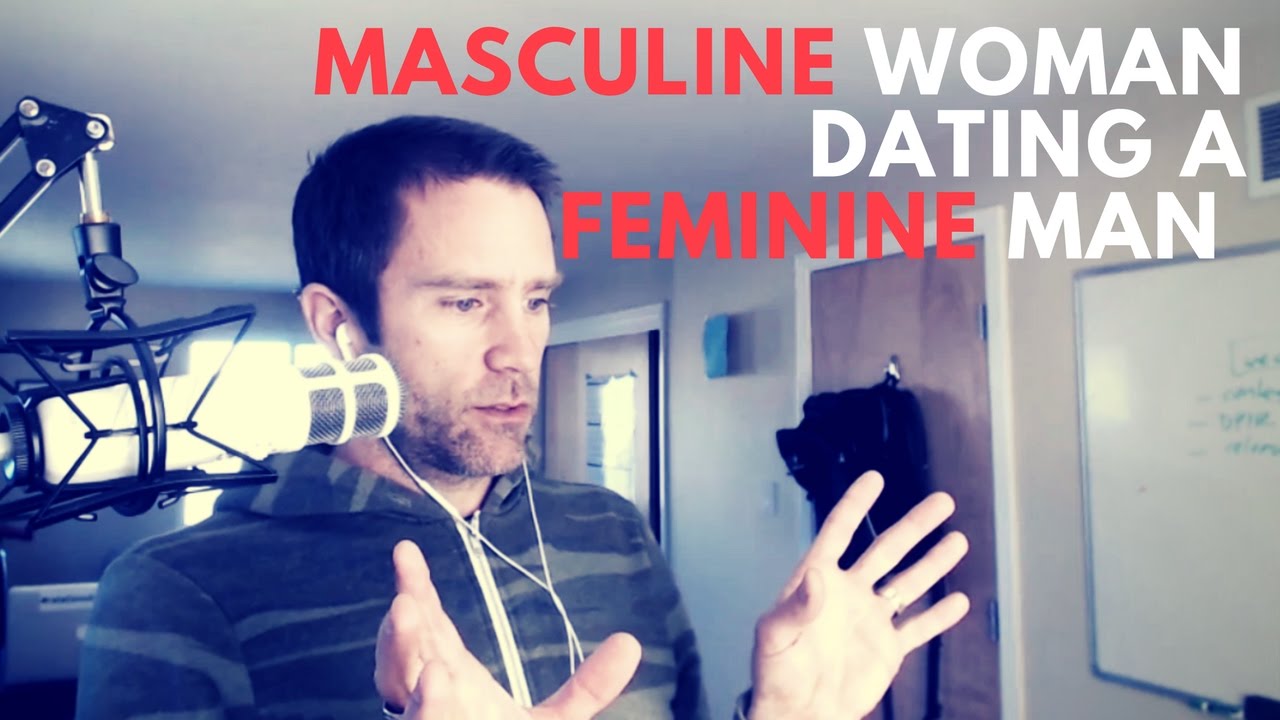
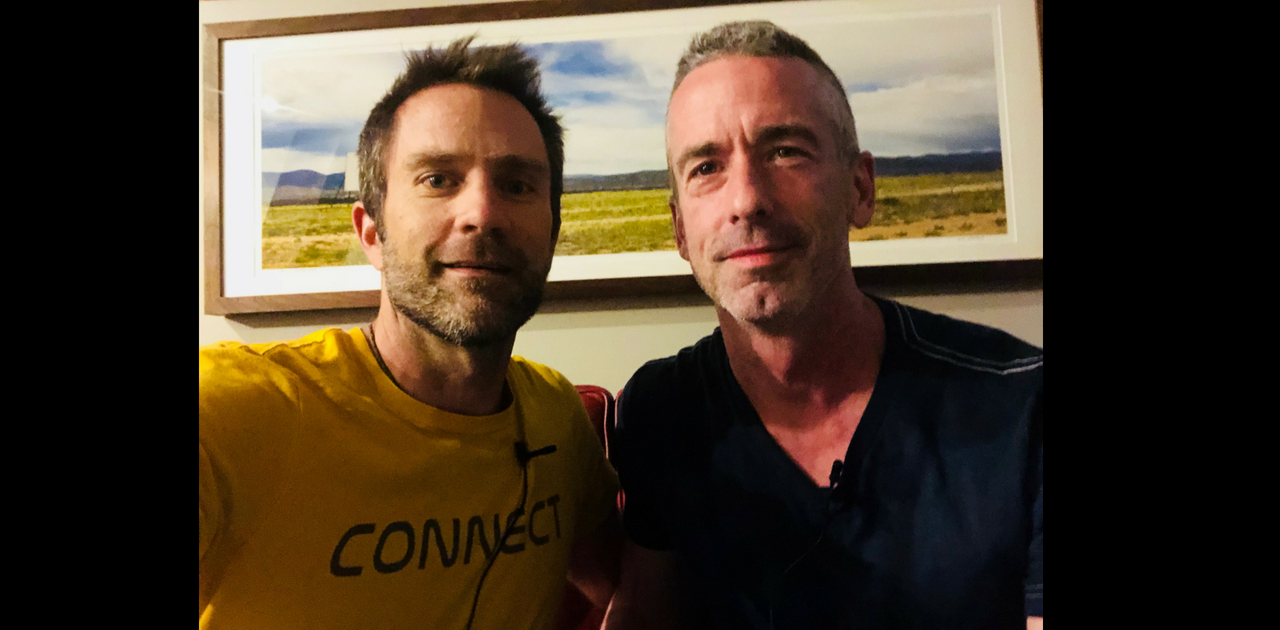

0 Comments